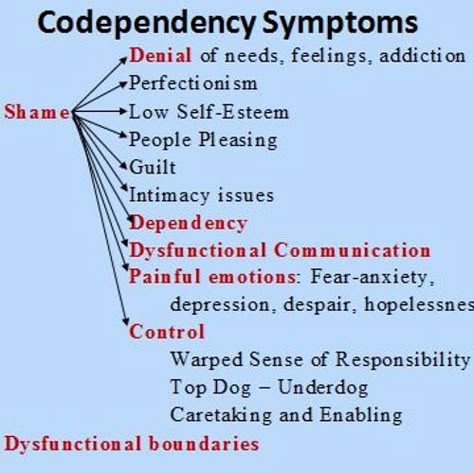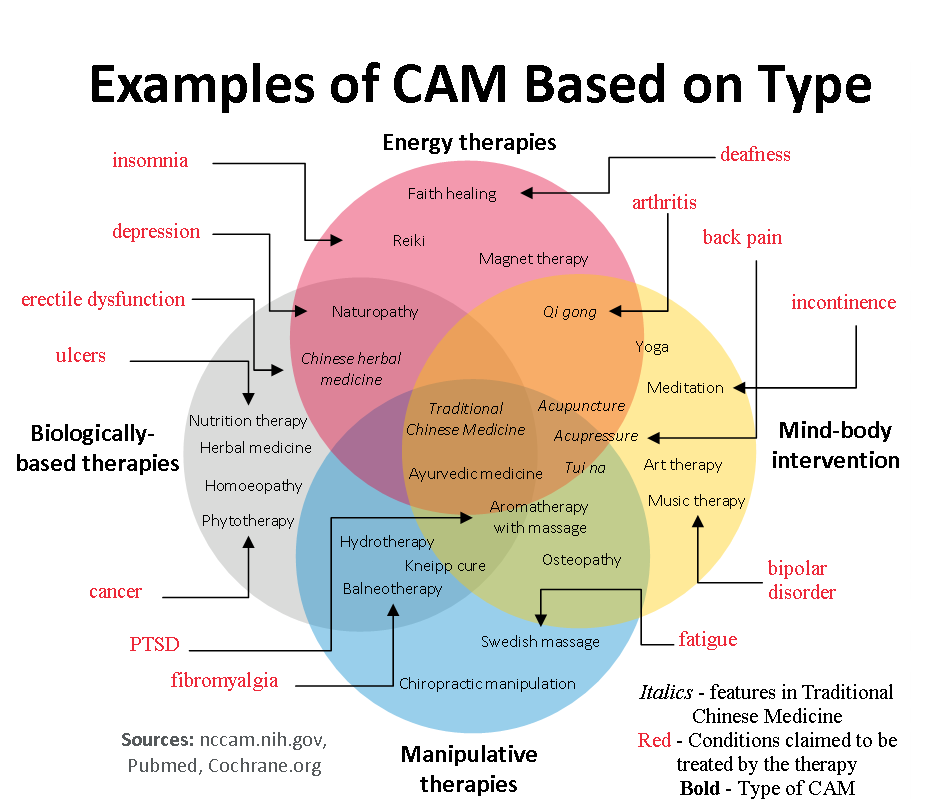How to let go of expectations
How to Let Go of the Expectations of Others
“My power is my ability to not be influenced” — Kanye West
We all struggle at some level with living up to the expectations of others. It begins from the time we are born. First, our parents establish rules for how we should behave. When we go to school, we have educational standards and goals to live up to, and we can only advance to the next grade when we meet them. When we get a job, our employers expect certain things of us. Eventually, we learn to develop our own expectations of how others should behave. We take these expectations into our relationships with our spouses, we impose them on our children—and the cycle continues.
Expectations aren’t bad in and of themselves; we all have them. They are a natural part of life. The problem arises when we place
too much weight on the expectations of others, to the point that we start living for their approval. We get lost somewhere between the way others see us and who we really are.
Why do the expectations of other people create such inner conflict in our lives? The reasons are many, but let’s just look at a few:
- Expectations are not an accurate gauge of what is right for you. Even with the best of intentions, someone else’s expectation of you will be based not on who you are, but on that person’s own experience, opinions, pain, disappointments, and moral values. In other words, those expectations aren’t really about you—they’re about the other person. Accordingly, they’re not necessarily a good compass for your life.
- Expectations are often unrealistic. Because expectations are devices of the mind, they are often not grounded in reality. They don’t take into account your abilities or your desires, or even what is possible or reasonable. When you try to live up to unfair expectations, you’ll fail every time.
- Expectations are contradictory.
 Most of us have more than one person of influence in our lives, and since no two people have the same perspective, the expectations of these people will inevitably contradict at some point. It’s statistically impossible to please everyone at once, so when you live to please others, you’ll be faced with continual failure.
Most of us have more than one person of influence in our lives, and since no two people have the same perspective, the expectations of these people will inevitably contradict at some point. It’s statistically impossible to please everyone at once, so when you live to please others, you’ll be faced with continual failure.
Expectations are unavoidable, but when we internalize them the wrong way, it can affect us negatively in a number of ways:
- It can breed anger and resentment. The saying goes: “Expectations are premeditated resentments.” It doesn’t just breed resentment in the person whose expectations we fail to meet—it breeds resentment in us, as well. When we deny our own desires in favor of the expectations of others, we are prone to become resentful or angry.
- It can cripple our own ability to make decisions. Baras refers to this as our “wanting muscle.” When we allow the voices of others to drown out what we want for ourselves, we lose the ability to have an opinion, and our self-esteem plummets.

- It can lead to mental health issues like depression. Psychologist Lara Honos-Webb, PhD, says living a life driven by a need for approval leads to inner conflict and ultimately depression. “The more conflicted you feel, the more afraid you become of expressing your real self,” she says. “As a result, you may drive your feelings deeper underground.”
If being driven by others’ expectations can be detrimental to our emotional/mental health, how can we learn to let go of them? The path to change takes some time and effort, but the following tips may help you get started:
- Put the expectations in perspective. Remember that someone else’s expectation of you is theirs, not yours—and therefore it is their problem, not yours. Understanding this one point almost immediately softens the blow of disappointment.
- Check your own expectations of others. When you find yourself judging the behaviors of others—for example, your children or spouse—don’t be afraid to examine your own motives without self-condemnation.
 Learning why you form expectations can tell you a lot about how other people form theirs.
Learning why you form expectations can tell you a lot about how other people form theirs. - Cultivate your inner voice. Take some time alone and sincerely ask yourself what you want (journaling your thoughts often helps.) If no one else was telling you what you should want—what would you want for yourself?
- Begin saying what you want. Be affirmative, not defensive, but get in the habit of expressing your opinions, wants and needs. They’re as valid as anyone else’s.
Ultimately, the key to letting go of the expectations of others is not in fighting them, and certainly not resenting them, but rather keeping them in their proper place.
You can certainly benefit from the input of others, but not if it means squishing your inner voice. Your life is yours and yours only. You are in the best position to know what is best for you. Don’t let the expectations of others get in the way of being true to who you are.
The therapists at Manhattan Mental Health Counseling are caring, compassionate and well-trained in a variety of therapeutic skills and modalities.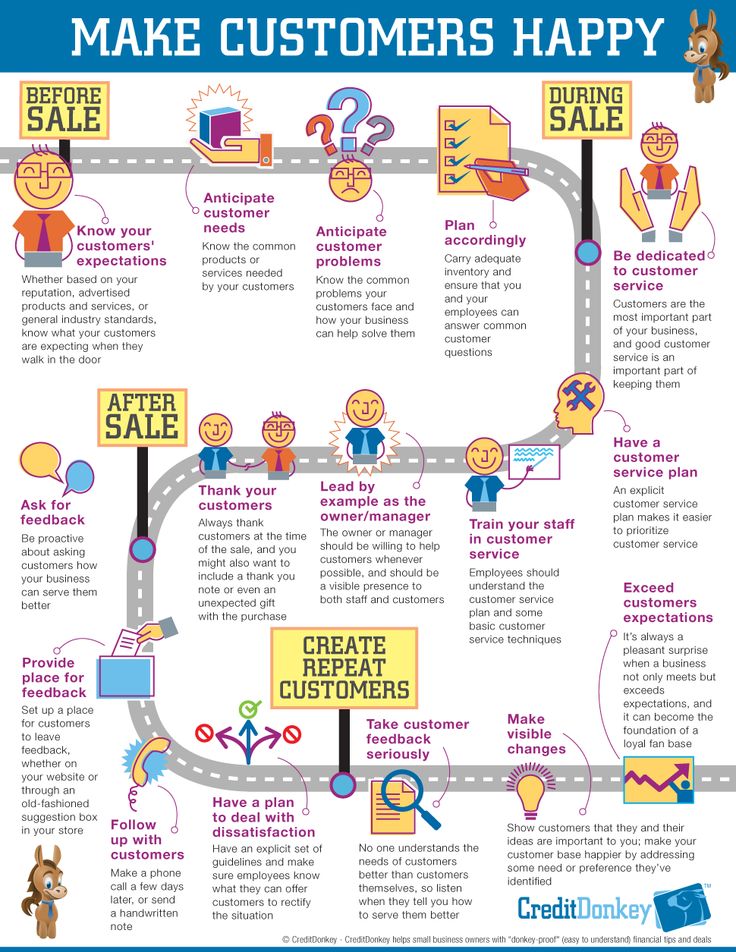 Our therapists provide online therapy and specialize in anxiety, depression, anger management, grief, trauma, life transitions, family issues, couple’s counseling, OCD, career counseling, women psychological issues including post-natal depression, addictions, among others.
Our therapists provide online therapy and specialize in anxiety, depression, anger management, grief, trauma, life transitions, family issues, couple’s counseling, OCD, career counseling, women psychological issues including post-natal depression, addictions, among others.
A Step-By-Step Guide on Letting Go of Expectations
The mind can be a marvelous thing. Us humans are able to use it in all kinds of ways – from imagining and planning to looking forward to things happening in the future and predicting what might happen.
Sounds great, right? Except there’s just one teeny, tiny problem.
When it comes to making predictions, we’re very often wrong. These day-to-day predictions form our expectations – the things we imagine are going to happen.
Is having expectations in life a bad thing? Not necessarily. Let’s start by digging a little deeper into how they affect us and how we can learn to let go of expectations that don’t serve us well.
What are Expectations?
Expectations are a product of our imaginations. It’s believing that something is going to happen one way, only to find that it doesn’t always turn out the way we wanted. That’s when disappointment and resentment occur and drive us to feel a certain way about a situation or towards others. Human beings naturally feel that their fulfilled expectations will bring them happiness.
How Can Expectations Affect the Minimalist Lifestyle?If you’ve decided to adopt the minimalist lifestyle, chances are you’re working on trying to live with intention. From your personal possessions to the people you choose to build bonds with, it’s vital to save our energy for the things, people and plans that are most important to us.
So, what happens when our plans don’t go, well, quite to plan? Sometimes we set our expectations high. You might have mapped out the perfect weekend with your partner – think a leisurely Saturday morning breakfast, spending quality time with close friends, then visiting your favorite family attraction with the kids and finishing off with a delightful Sunday lunch.
Imagine having all of these wonderful plans, then waking up to find that one of the kids is unwell or the car suddenly breaks down?
Plans can be scuppered pretty quickly when things don’t go our way. And spending our precious weekend hours nursing a sick child or making a dent in our bank balance can feel pretty devastating at the time.
How Do You Get Rid of Unrealistic Expectations?
Change those unrealistic objectives into realistic ones by choosing to set yourself achievable goals and objectives.
When it comes to work or chores, setting yourself impossible objectives is a bad idea all around. After all, you’ll be setting yourself up for failure and disappointment in equal measures.
So what should you do differently? Why not write a tick-list of the things you know you can do? Instead of saying you’re going to clean the entire house today, aim to spend three hours cleaning. And when the timer’s up – stop! Doing this means you’ll have far more chance of actually ticking that job off your to-do list.
How to Let Go of Expectations of Others
We’ve talked about the expectations we place on ourselves, but what about expectations of others?
How many times have you judged someone else? Be honest, we’re all friends here. We’ve all done it, whether we’ve thought of someone negatively, criticized the way they did something or wondering why they didn’t react to something in the same way we did.
Well, we’re all different. We don’t all think the same – after all, the world would be a pretty dull place if we did. Put it this way – if your favorite coffee shop closes down but your husband hates coffee, he’s not going to be as disappointed as you are. Simplistic, we know, but it helps to put this concept into perspective.
No matter how much we try to deny it, we all have ulterior motives. We’re wired to want things to go our way – it all goes back to the idea of expectations. If someone’s thoughts or ideas don’t match ours, it’s all too easy to let judgmental thoughts creep into our minds.
Lastly, judging others can often be linked to our own insecurities. Asking for feedback (or even fishing for compliments!) is a way of looking for approval and validation from other people.
Here are some ideas on how to let go of expectations of others:Discover your motivation. Figure out the reasons behind your action. If you are honest and true to yourself, you’re already past the first hurdle.
Consider your ideal outcome – then think about the polar opposite – what would be the absolute worst outcome? Does it really matter if this is the outcome?
Form a plan B. Try to have an alternative or second choice option. This will help you to move on if you’re not able to achieve the gold standard outcome.
Say what you mean. Words can be powerful, so choose them carefully and ensure they come from the heart.
Realize nobody’s perfect – not even you. Even with the very best intentions, sometimes you’ll find yourself feeling annoyed with somebody. That’s OK, we’re all human, so don’t give yourself too much of a hard time. Just take time to reflect and work out what you could do differently in the future. And if somebody else is annoyed with you? Cut them slack – they’re only human, too.
Even with the very best intentions, sometimes you’ll find yourself feeling annoyed with somebody. That’s OK, we’re all human, so don’t give yourself too much of a hard time. Just take time to reflect and work out what you could do differently in the future. And if somebody else is annoyed with you? Cut them slack – they’re only human, too.
Let go. Forget. Say what you need to say, then move on. Don’t wait for other people to give feedback or validate your words. If you are speaking from the heart, you don’t need it.
1. Acknowledge your disappointment
If you’re disappointed, allow yourself to be disappointed – without trying to blame anyone else for the way you’re feeling. Sounds pretty easy, right? Well, it won’t make you feel any less disappointed, but hopefully, it will allow you to see the bigger picture, acknowledge the way you’re feeling and move on. Besides, there will be another time to do all the things you were planning to do.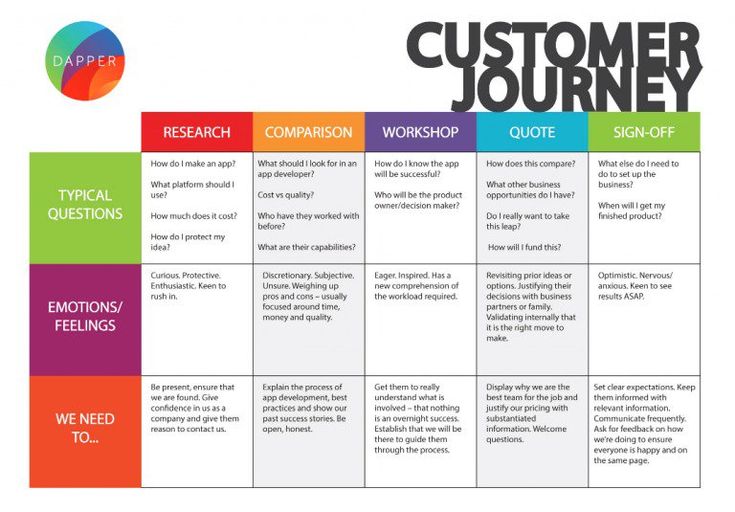
2. Think about things differently
When our plans go awry, we often tend to think about what we’re missing out on. But negative thoughts like this can be a fast track to feeling disappointed or even irritated.
This is where you need to take control and choose to think about things differently. Try to view setbacks with optimism, rather than pessimism; focus on the things you are doing and enjoying, rather than the things you feel like you’re missing out on.
3. Work out what you want
Guess what? Our friends, family, and partners are not mind-readers. We know, it’s a shocker, right?! Sometimes, you have to communicate what you want with the people you love, rather than just expect them to know.
So, if you want a Friday night out on the tiles with friends, make it happen. Tell your other half they need to be around to watch the kids. Take the following Monday off in case you’re feeling a little worse for wear. Do whatever you need to do to make it happen – contact your friends, arrange childcare, buy a new outfit, but most importantly, remember to let your hair down and have fun.
Do whatever you need to do to make it happen – contact your friends, arrange childcare, buy a new outfit, but most importantly, remember to let your hair down and have fun.
4. Remember, only you can choose how you react to situations
While you can’t take complete control of what happens in your life, you can choose and control the way you react.
Next time things don’t go your way, consider making an active choice to let go and move on – instead of wasting time and energy dwelling on your disappointment.
Are you guilty of setting yourself unrealistic expectations? Do you have some ideas on how you might do things differently in the future? Let us know in the comments!
Technique of working with expectations - Psikhologos
Film "Private life: the joy of close relationships. Class conducted by Prof. N.I. Kozlov and psychologist Marina Smirnova"
If someone or something does not meet our expectations, then this usually causes unpleasant experiences: from internal tension to outbursts of discontent and anger.
If you look unbiased and objectively, then no one owes us anything - neither life nor the people around us (see the Declaration on Acceptance of Reality). But just a reasonable awareness of this fact is not always enough for expectations to stop bothering us and those around us.
Most often, our expectations fall on the people closest to us, simply because they are much more often next to us. To solve this problem, there is a special technique, which will be discussed below.
Step 1. List of expectations
First you need to remember what expectations you have for loved ones. Here, only those expectations are needed, the non-fulfillment of which causes you serious internal tension, strong and prolonged emotional reactions. For example:
- The husband must be on time.
- The wife should be attentive to my requests.
- My husband has to help me with the housework.
- Parents should not interfere in my life.
At the end of the work, once again evaluate the list of your expectations and think about whether all of them are really so important to you? Maybe something from the list is not so annoying and can be solved simply at the level of reason? If there are such expectations, then cross them out, as a last resort, you can always return to them and work out later.
Step 2. Reformulation of expectations into permissions
Expectations, as a rule, are categorical and peremptory. For example, in the expectation "The husband must come on time" the word "always" is implicitly implied. And meanwhile, does everything really have to be always the way you expect it to be? After all, you are surrounded by living people who someday can make a mistake, get tired, or simply forget. It is important to remove categorical expectations from expectations, to give your loved ones permission sometimes not to fulfill them. To do this, for each expectation from the list, you need to write the corresponding permission.
Expectation: "Husband should be on time."
Permission: "The husband is also a person and may be late sometime."
Expectation: "The wife should be attentive to my requests."
Permission: "The wife is not obliged to pay attention to all my requests."
Expectation: "My husband should help me with the housework.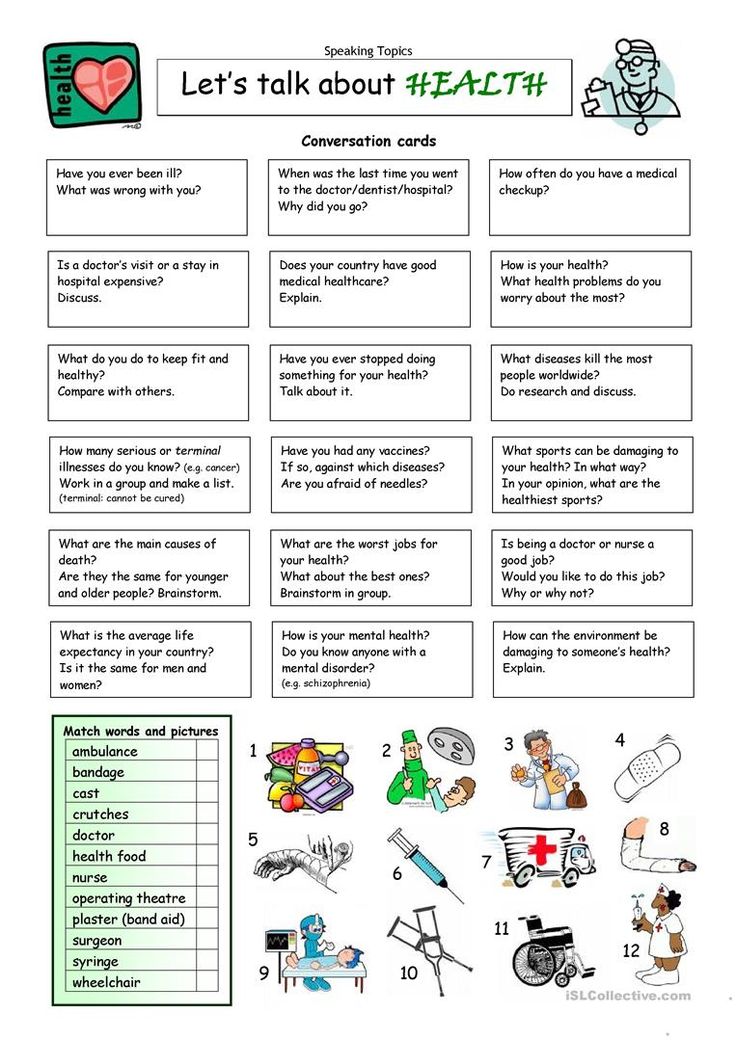 "
"
Permission: "The husband gets tired at work and can afford to rest at home."
Expectation: "Parents should not interfere in my life."
Permission: "My parents take care of me and may be interested in how I live."
The permission list is a list for you, you don't need to show it to anyone. Your task is to learn these permissions by heart. And then, if one of the expectations is not met, remember the corresponding permission in time.
The husband is also a person and may be late sometime. Anything can happen, late at work or something. He will definitely come home, as he has come all the time before. Late, but will come. So right? Well, enough about that already.
The second step helps to accept the current situation, reduces the intensity of passions. But only the second step is not enough, because, to one degree or another, tension remains. It is equally important to know your requirements and be able to formulate them reasonably and clearly.
Step 3. Reformulate expectations into reasonable clear requirements
To some extent, our expectations are right. It will be better for the family if the husband mostly comes home on time and tries to help with the housework, the wife listens to the words of the husband, and the parents do not bother the family with their excessive attention and advice. These are reasonable requirements. It is also important to add clarity to rationality so that the other side understands exactly what should or should not be done. To do this, complete your list by adding a reasonable, clear requirement to each expectation.
Expectation: "Husband should be on time."
Request: "If you are late, then call and warn me."
Expectation: "The wife should be attentive to my requests."
Demand: "If I say that this is really important to me, then it must be done."
Expectation: "My husband should help me with the housework" (abstract requirement) .
Requirement: "The duty of the husband to monitor the condition of the plumbing."
Expectation: "My parents shouldn't interfere in my life."
Internal requirement: "If it concerns only me, then I decide it myself."
As with permission, these requirements do not need to be stated. They are needed rather for you in order to better understand what exactly you want from a loved one. Before conveying this information, the requirements must be reformulated into soft and warm requests.
Step 4. Reframe demands into soft and warm requests
Your request is wrapped in warmth and courtesy.
Request: "If you are late, call and let me know."
Request: "Darling, do you have a minute? I have a request for you. You are my only and beloved husband, and I am much calmer when you call me if you are late. I ask you to call me if you are late today. Will it work?"
Demand: "If I say that this is really important to me, then it must be done. "
"
Request: "Darling, can I borrow some of your time? Recently, I often notice what a good family we have, and in many ways it is thanks to you. It is much easier and easier for me to plan and do something when I know I can rely on you. You are just a smart girl! I just need to learn how to tell you about my important requests. You know, there are times when it is important for me that something be done exactly by a certain date, and I turn to you. Because I know that you are happy to help your loved one.So, I have a request to you, if I say that this is important to me, and you can’t do it, then you tell me about it right away, okay? Then I I'll think about how to solve this problem without straining you. Well, if you say that you are ready to help your beloved husband, then I completely count on you. Good?"
Requirement: "It is the husband's duty to look after the condition of the plumbing."
Request: "Darling, can I distract you a little? I want to ask you to take responsibility for the health of the plumbing in our house. For example, if something leaks and breaks, then this question will be on you. You can fix it yourself or call a plumber, How will it be more convenient for you. You will help me a lot with this. Will you take on such a duty?"
For example, if something leaks and breaks, then this question will be on you. You can fix it yourself or call a plumber, How will it be more convenient for you. You will help me a lot with this. Will you take on such a duty?"
Requirement: "Parents should not interfere in my life."
Request: "Mommy, can I talk to you? You are my best mother in the world, you always ask how I'm doing, you always take care of me. I'm glad that I have such a close person like you. I have a request for you "If there is some matter that concerns only me, then I decide it myself. Your opinion on this matter is also very important to me, but I will make the final decision myself. For example, the decision on the question of what clothes I should wear. Okay? "
Learn the formulated requests, rehearse in front of a mirror, make sure that they sound really soft and warm.
Think about the situation in which you will make your request. Talk to a loved one, make sure that you are both in a good mood, and only after that voice your request. Negotiate if necessary. Even if you, suddenly, did not agree, then in the end thank, hug and kiss your loved one.
Negotiate if necessary. Even if you, suddenly, did not agree, then in the end thank, hug and kiss your loved one.
Using this technique, you will significantly reduce the negative experiences from your expectations or even remove them altogether. Try to do it, and the result will not be long in coming!
How to get rid of expectations that limit your life
Why is the world so unfair? Why do I feel unhappy? Why is everything not going the way I want?
I often hear these and similar questions from those around me. For me, the reason for their suffering is understandable - is the expectations of that they impose on future plans, upcoming events, the actions of other people.
The more they think about how things should happen or how a person should act towards them, the more they become attached to it and believe that everything will be exactly that way.
But expectations are a trap that people drive themselves into, creating frustration, suffering and dissatisfaction.
Isn't it better to get rid of expectations and let things unfold naturally?
Read in this article the dangers of waiting and how to give up on them.
Contents:
How expectations appear
Expectations are born when a person does not live in the present, but in his thoughts runs away to the future .
The dream has not yet come true, the event has not happened, but there are plans, and the person is already thinking about how everything will happen.
He becomes attached to the image that he created in his head. This image is very static.
Running away into the future, expecting strictly defined behavior from other people, a person plunges himself into dependence on his expectations .
Other options are not considered, they fall out of the focus of his attention. There is only such a picture and that's it. A person lives in an illusion that he has created and does not see the real circumstances.
And when things turn out differently, incidents, misunderstandings and discontent arise.
And there is no one to blame, because he himself created such restrictions.
See also Dissatisfaction with life. How to change it
Get an algorithm to change your feelings from destructive to positive.
back to contents ↑
How expectations cause suffering and inconvenience
Expectations create illusions, frames into which a person voluntarily drives himself. They poison the present moment, destroy joy, lightness. Limit the possibilities of and options for how circumstances may develop.
A few years ago, my husband and I went to the Czech Republic. Since the tour was on a budget, we did not count on special conditions. Our goal was to see another country, cities, another culture, learn something new, get positive impressions.
We tried not to dwell on everything else (a hotel room, a night bus ride, many hours of waiting at the border).
But I noticed the disappointment of some fellow travelers, everything was wrong for them: there were few excursions, and not such guides, and the room was not LUX, and the local cuisine was too heavy for the stomach.
And all because they had expectations in advance of how everything should happen. But we didn't have such expectations. As a result, we got satisfaction from the trip, and these people just sat there in their dissatisfaction.
Although all that needed to be done was drop expectations, focus on the positive and be grateful .
People impose expectations not only on future events, but also on the behavior, actions of other people.
They expect a certain behavior and then get offended that it does not meet their expectations. And they themselves did not even express their requests and wishes.
How can a person guess what they want from him?
Women are offended by their husbands that they do not help around the house, are not attentive enough, do not give flowers, gifts.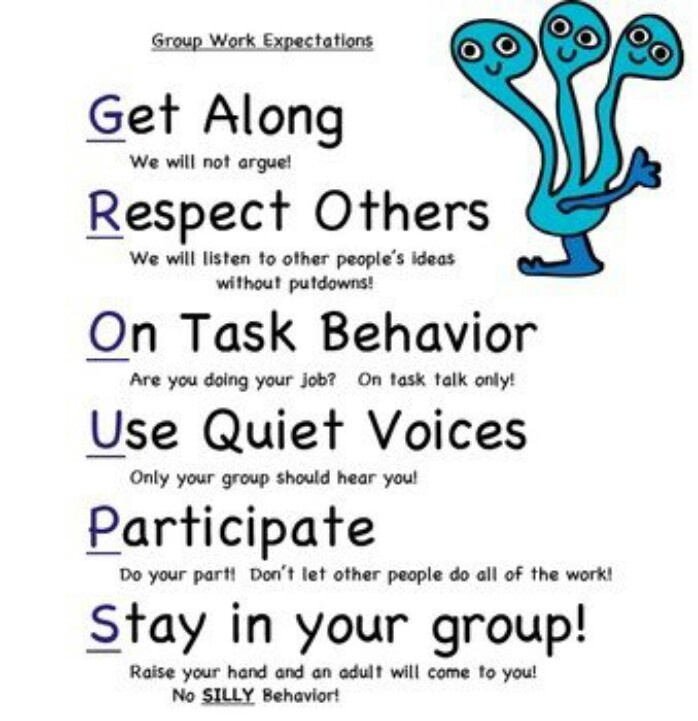 But at the same time, they don’t even hint at what they would like, but only wait to see if the husband will do it or not.
But at the same time, they don’t even hint at what they would like, but only wait to see if the husband will do it or not.
See also 7 reasons why women do not want to ask men for help
All this leads to disappointment in life, discontent accumulates in people, the belief that something can be changed is weakened.
back to contents ↑
Is it possible to get rid of expectations
The good news is that you always have a choice which internal state to make key at the moment, which mood to prefer . And mindfulness helps.
If there are expectations in your life, and especially those that are not met, creating disappointments, choose not to expect anything .
If you cannot influence the circumstances, the decisions of other people, do not expect anything, put up with any outcome, and then as a result you will not be disappointed.
Learn to be flexible in 5 ways.

back to contents ↑
In order to experience less discontent and suffering, to expand your capabilities, I propose to get rid of expectations completely. Find out how.
1. Live in the present, not the future
An effective way to eliminate expectations is to be in the here and now .
If you notice that expectations have appeared, then you are mentally running away into the future. Learn to catch such thoughts and eliminate them.
Eckhart Tolle's practices will help you stay in the present moment.
2. Don't count on a certain behavior of people
Don't expect someone else to act according to your expectations.
Children don't have to do what you like, parents don't have to understand you, spouses don't have to be what you want.
Colleagues, business partners, subordinates may not fulfill the promise, even if it is specified in the contract.
Circumstances, people's interests may change, and then the original agreements will no longer be relevant. This is life, it must be taken into account and accepted.
And even more so, you should not expect a certain behavior from people if you have not discussed your request in advance.
If you do not have expectations, you will exclude the reason why many suffer in relationships with loved ones. And thus create a new relationship based on freedom of choice.
See also When feelings for each other fade, break up or stay in a relationship
back to contents ↑
3. Destroy your own illusions
In order not to fall into the trap of false expectations, be honest with yourself and really look at things .
Do not fall for advertising and rave reviews from strangers. If you want to purchase the right product, first study thoroughly all its features, pros and cons, so that later you will not be disappointed when you see it in reality.
If you want to go somewhere, buy something, invest money, carefully study the information about the object, product, trip. Do not let yourself be deceived and do not be deceived yourself.
Read how illusions limit your life.
back to contents ↑
4. Do not wait, but act
Replace expectations with actions.
If you want your dream to come true with all your expectations, then don't just dream and wait, but think through every detail and move forward.
Only these will no longer be expectations, but preferences, the bar that you strive to achieve.
See also How to allow yourself to dream
5. Trust the Universe
Your expectations are a product of the mind that cannot imagine more than it has seen. Don't limit yourself to just the options your mind has come up with.
Learn to trust your Higher Self and it will take you to the highest point you can be.
